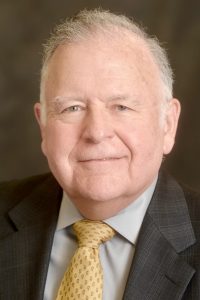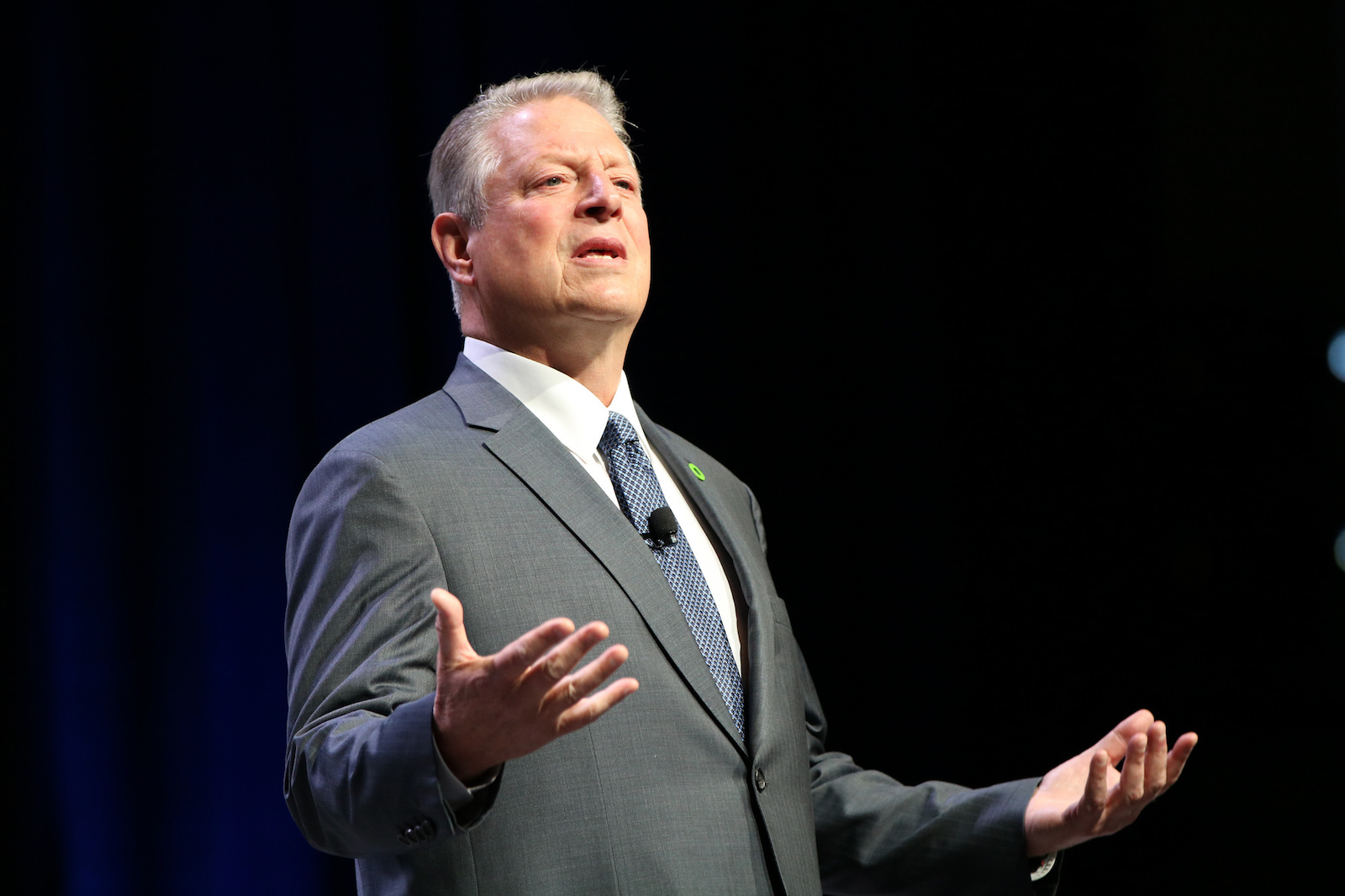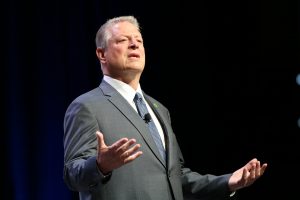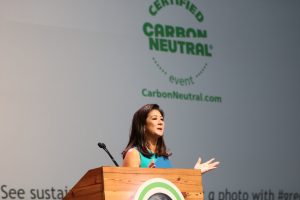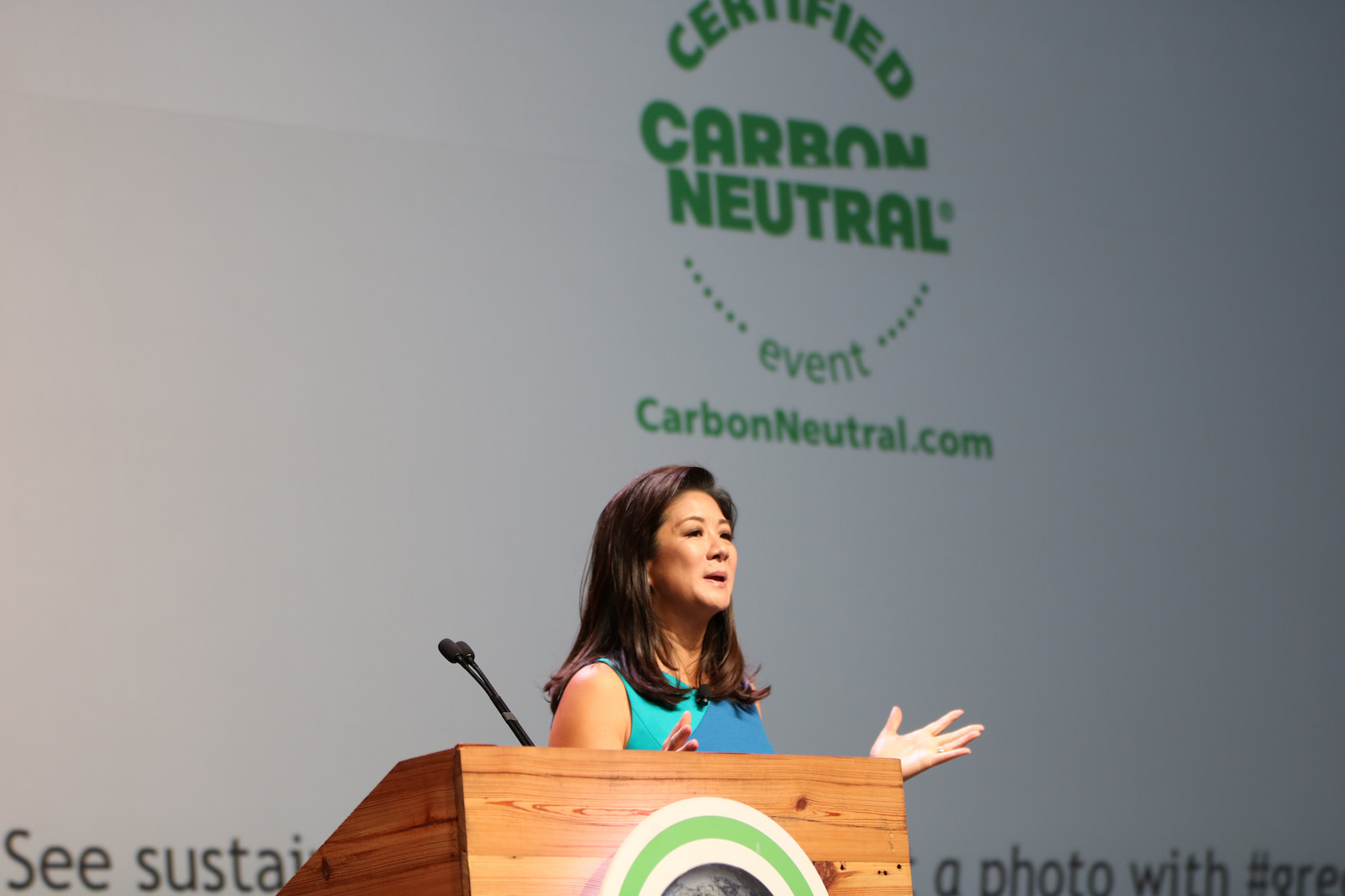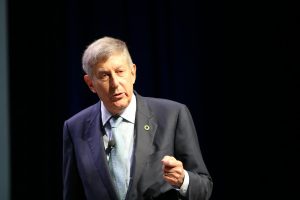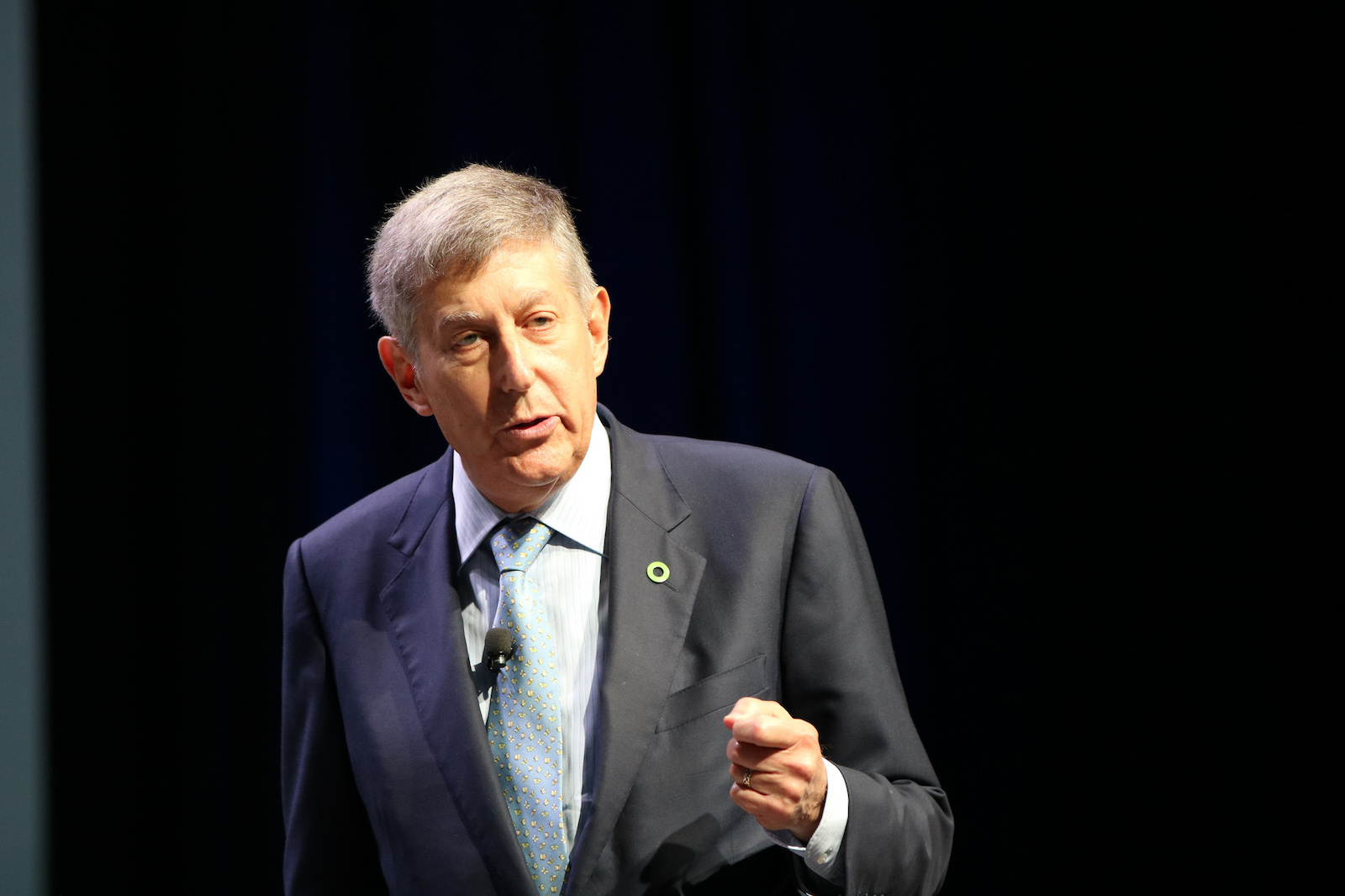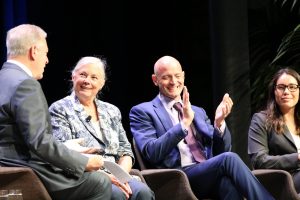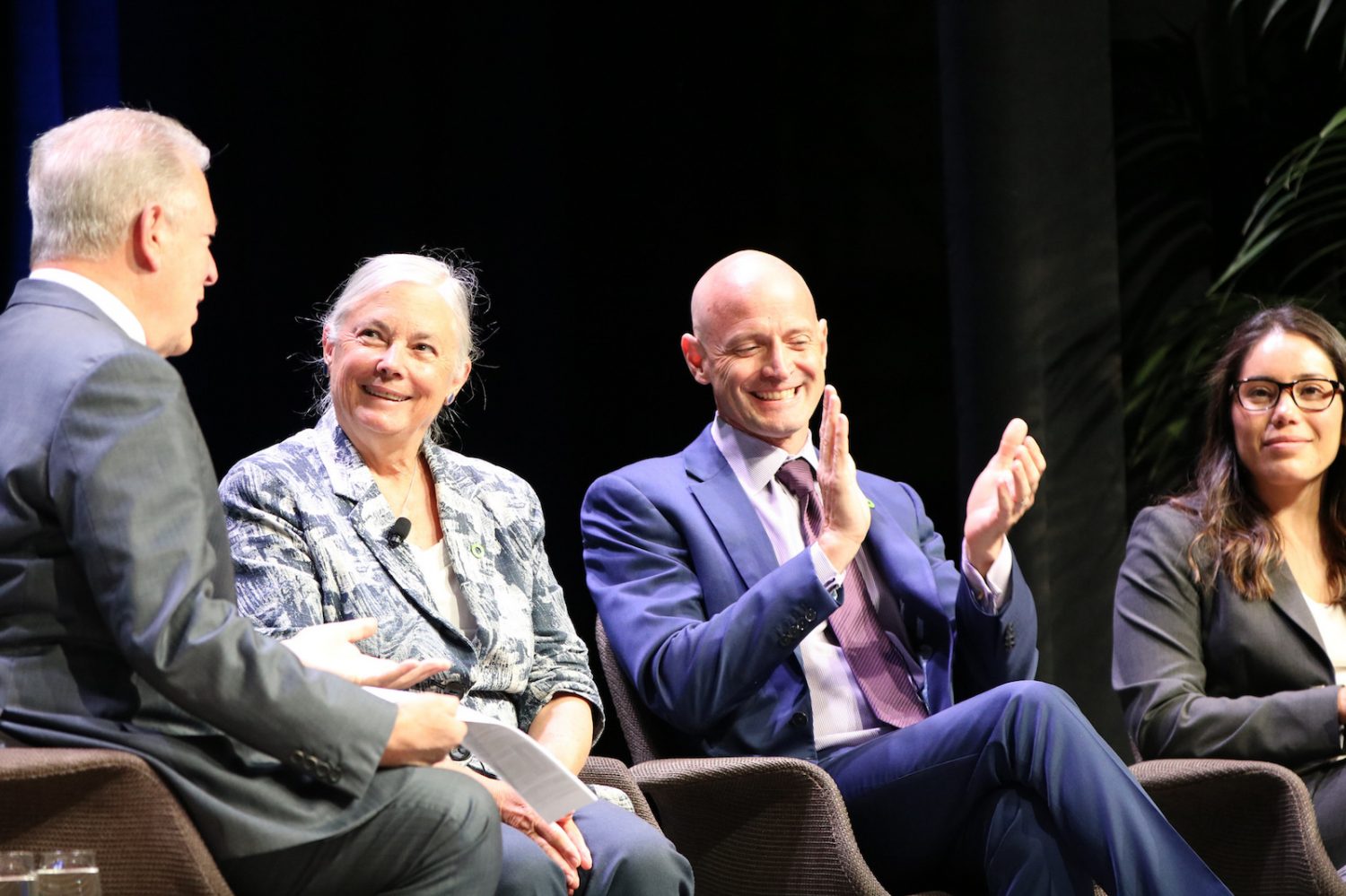By Mary Braswell
When Californians voted in 2016 to bring the cannabis industry out of the shadows, the aim was to create an environment where marijuana was safe, controlled and taxed. This has not been a simple undertaking.
Legalization of recreational pot has raised pressing questions from public health officials, local law enforcement, state regulators, city planners and citizens hungry for common-sense policies — not to mention the growers, retailers and users who drive California’s multibillion-dollar weed industry.
What will the city-by-city patchwork of laws look like? How can marijuana cultivators safely introduce pesticides into a neighborhood? When will communities see the benefits of tax revenues? How will lifting the stigma on pot use affect adolescents?
The need for facts, evidence and clear thinking has never been greater. Fortunately, UCLA Luskin researchers and policy experts are on the case, among them Public Policy lecturer Brad Rowe MPP ’13.
‘A REALLY TRICKY BUSINESS’
Proposition 64, the ballot measure that legalized recreational pot, gave each of California’s 482 cities and 58 counties the authority to license cultivation, manufacturing and sales. So far, most have declined to do so.
The more than 160 cities and unincorporated areas that decided to move forward face a labyrinth of policy questions, said Rowe, who launched his own research firm, Rowe Policy + Media, in 2017. He also serves on the faculty of UCLA’s Cannabis Research Initiative, teaches a Public Policy class on drugs and crime, and advises municipalities that are venturing into the marijuana fray.
“Cannabis is a really tricky business, and it’s one that is probably going to have more volatility than most of the other licensing areas,” Rowe said.
In many cases, he said, communities have overestimated the financial gains and underestimated the complications.
“Expectations have been set so high for tax revenues. Common claims from city representatives are, ‘We’re going to build libraries and parks and football programs for the kids,’ ” Rowe said. “The truth is that you’ve got to get your system up and running, and realistically expect that that store that you just licensed may only generate tens of thousands rather than hundreds of thousands in tax revenue for you this year. … It’s hard to pay for your new inspector and the new police officer you just hired, and your financial department has to figure out how to handle the cash.”
Cannabis commerce requires cities to create systems for licensing, taxation, financial compliance and the delicate matter of handling deposits from a largely cash business, Rowe said. They must keep up with evolving regulations from the state’s Bureau of Cannabis Control and shifting signals from the federal government, which strictly prohibits pot.
They will have to consider whether growing outdoors will create a nuisance and how to safeguard first responders against new threats. Firefighters arriving at a site that uses pesticides or volatile solvents for terpene extraction “shouldn’t be inhaling that stuff,” Rowe said.
Some of the policy debates veer toward the high end. Sonoma, he said, is considering whether to permit tastings of cannabis products, just as it does for viognier and pinot noir. “So then we’re getting into on-site consumption, event permits, more cannabis cops,” Rowe said.
On the whole, he said, “it can be a big hairy hassle for the cities, and that’s one of the reasons a lot of them have said we’re going to kick the can down the road and see how these other cities do.”
SEEKING JUSTICE, EQUITY AND FACTS
Rowe’s work with the UCLA Cannabis Research Initiative focuses on criminal and juvenile justice as drug offenses are reclassified.
“Are we even moving away from the war on drugs? That is the intent but in practice it’s a trickier thing, so we’re looking at equity considerations,” he said.
The health and well-being of young people must be a top policy priority, he argues.
“The one thing I am super concerned about is cannabis use disorder among adolescents,” Rowe said, citing brain research as well as recent studies measuring the toll that compulsive pot consumption takes on test scores and analytical skills.
“We just don’t know enough about the plant,” he said. “We don’t know enough about its addictive properties; we don’t really know what will happen as it becomes de-stigmatized and easily available.”
Legalization has led to new funding for research aimed at answering these questions. Proposition 64 earmarks $10 million a year for public universities to evaluate the impact of the law and make recommendations to the state.
Rowe has visited cities up and down the state as a consultant with MuniServices, which helps local governments manage their affairs. He has hosted forums for potential pot licensees, family and faith-based groups, and other stakeholders and says, “There have been some really heartfelt, interesting conversations. Some are opposed and some just want this to be done with caution.”
Many simply want reliable information, he said.
“There’s a lot of room for reasonable conversation; there’s a lot of room for public policy people to come into this area,” Rowe said. “It’s only going to get bigger. It’s going to be a very big industry.”
